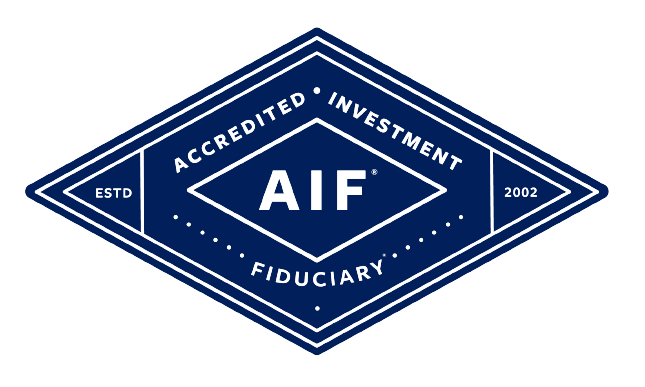Today, many people think of their Investment Portfolio as their Financial Plan, but nothing can be farther from the truth. Your Financial Plan is so much more than your investments, and if you do not consider the Big Picture, you could be setting yourself up for crisis planning during a crisis. Nobody wants that!
Let ‘s look at a few crucial questions you should be asking yourself — or better yet, your financial advisor should be asking you.
1. When setting up your investment accounts, have you considered the risk of having the wrong registration? Do you have your joint accounts registered as Joint Tenancy with Rights of Survivorship? Do you have your child listed as an owner on your accounts? Do you have beneficiaries listed on your account? Do you have a trust account and believe this affords you complete asset protection? The wrong conclusion and action could be very costly.
2. When claiming Social Security at age 62, have you considered the potential negative consequences of doing so? Choosing the wrong strategy could be devastating to your spouse in their future retirement years.
3. When selling investments in your portfolio, have you considered the chain reaction of potential negative consequences? You may be setting up next year’s IRMMA (Income-Related Monthly Adjustment Amount).
4. Have you factored in the resulting tax implications when doing a Roth Conversion? You could be unknowingly causing what is known as the “Tax Torpedo.”
5. When doing your estate planning by yourself, or not doing it, or allowing your church to guide you in doing your documents, do you understand the potential pitfalls you may have created for your family? Skipping paid professional assistance from a qualified Estate Planning Attorney leaves you vulnerable to the wrong verbiage in your documents and could create unforeseen consequences at your passing.
6. Do you understand that when you purchase an annuity. the recommendation of the person selling it could be affected by their own interests? Yes, when you sign on the dotted line, there is a cost to purchase this product. An annuity may be the right product, but you need to understand why it makes sense for your situation and why you should own it. Avoid purchasing annuities from a salesperson who cannot explain things clearly!
7. Do you understand that a Divorce Settlement with a 50/50 split of assets may not yield 50/50%? Or that a $100,000 401(k) account has a more significant tax effect than a $100,000 certificate of deposit? You need to factor in the tax implications of the assets awarded to you in a divorce.
8. If you have an IRA and are over 70 1/2, is it better to donate to charity by writing a check, or is there a better way to give to your favorite causes that will prevent your tax money from going to Uncle Sam? A QCD, also known as a Qualified Charitable Distribution, can reduce your required minimum distributions and save you taxes at the same time. If your financial advisor does not want to bother with the paperwork, you might consider working with a financial professional who does. Fewer taxes for you mean more money for you and your heirs.
9. Do you understand the difference between a Medicare Advantage Plan and a Medicare Supplement, and which one would be more appropriate for your health and family? The proper choice at the time of election (whether you are on Social Security Disability or just beginning Medicare at age 65) can have major consequences in the event of a significant health event.
10. How should you correctly name your beneficiaries on your retirement account? When naming minors as beneficiaries, you could be creating unnecessary legal costs. When naming a trust, you could be creating a tax nightmare for your family. Using the correct legal terminology for your documents is critical for your beneficiaries to receive things the way you intended.
The point of these questions is to get you to stop and think — it’s challenging to know what we cannot see. Don’t let your financial situation be like an iceberg, where only a small portion is visible, and the rest lies lurking below the surface.
These are the days of “Henny Penny, the sky is falling!” concerning markets and current events, so avoid taking advice from your neighbors, friends, or family. You would never settle for compromised advice about your health — the same should be true for your finances. Consider speaking to an experienced financial planner who will listen to your situation with an intense ear. You deserve someone who can guide you in developing a unique plan for your situation that helps you navigate the unknown confidently.
The opinions voiced in this material are for general information only and are not intended to provide specific advice or recommendations for any individual. Fero Financial and LPL Financial do not offer legal and/or tax advice or services.
Securities offered through LPL Financial, Member FINRA/SIPC. Advisory Services offered through IFG Advisory, LLC, a registered Investment advisor. Fero Financial and IFG Advisory, LLC are separate entities from LPL Financial.


